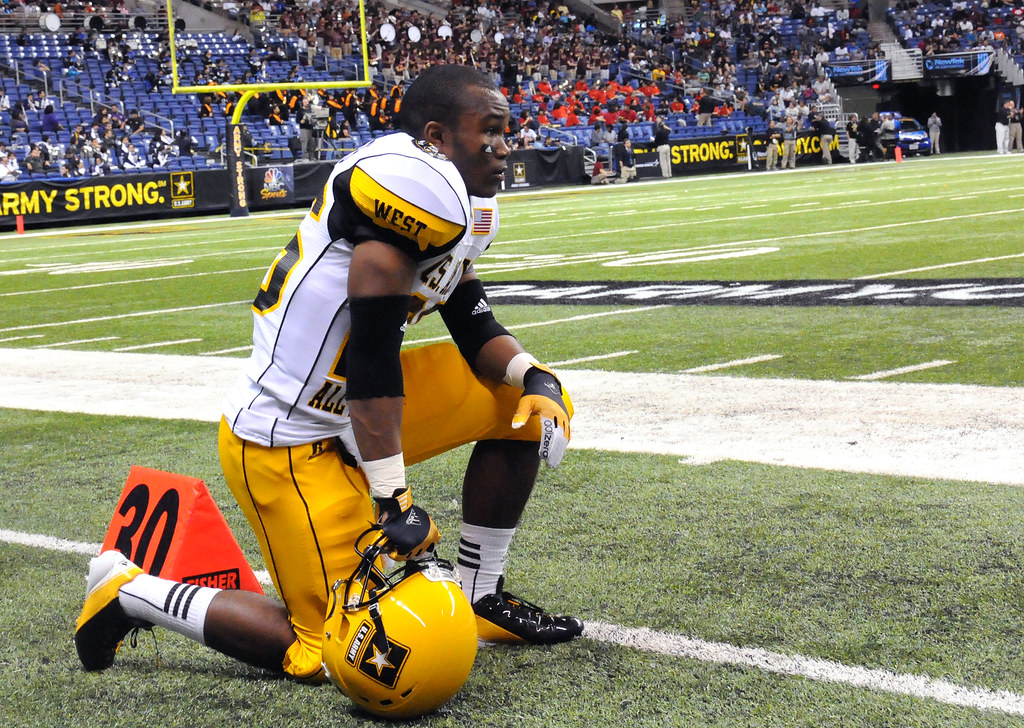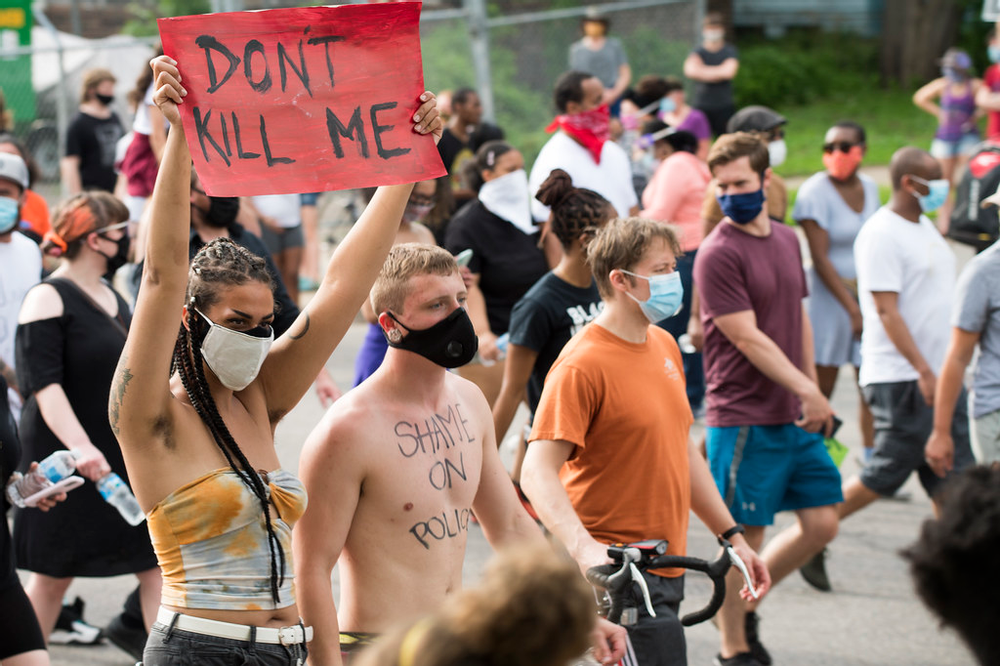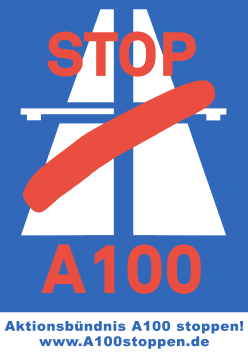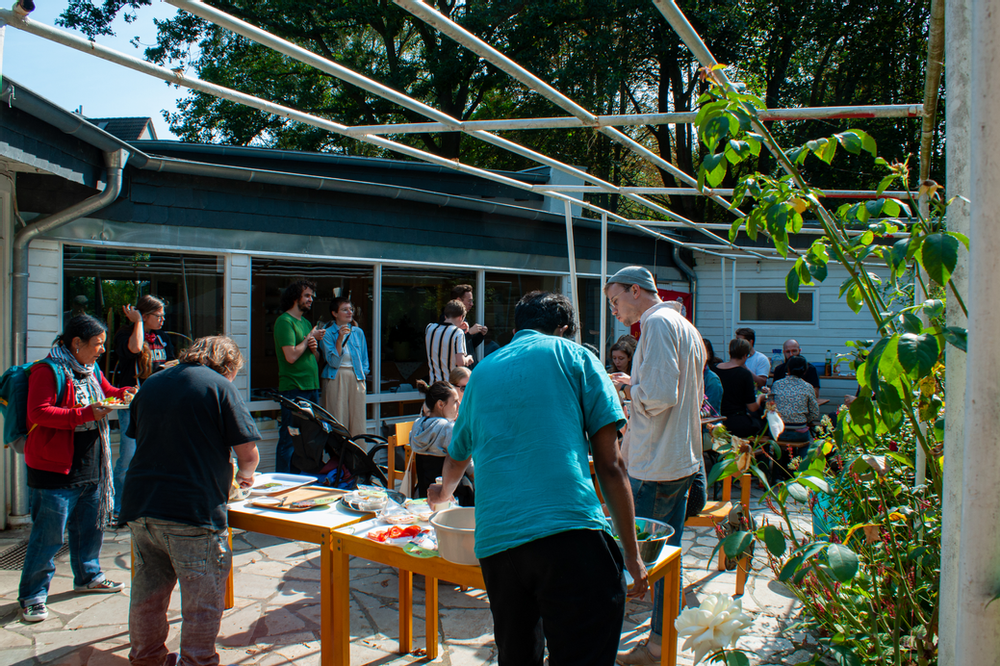The 2020 football European Championship is finally upon us, and sport is moving to the digital equivalent of the front page. It is timely, then, that two new stories have emerged which show the effect of racism on English sport.
Cricketer Suspended for Racist Tweets
First, there’s the cricket. England bowler Ollie Robinson was suspended after old tweets of his were found, including those which said: “My new Muslim friend is the bomb;”, “I wonder if Asian People put smileys like this ¦) #racist;” and “The guy next to me on the train definitely has Ebola.”
The establishment rushed to Robinson’s defence. Oliver Dowden MP, Secretary of State for Sport, called for the suspension to be lifted, saying “Ollie Robinson’s tweets were offensive and wrong. They are also a decade old and written by a teenager. The teenager is now a man and has rightly apologised. The ECB has gone over the top by suspending him and should think again.” Dowden was supported by prime Minister Boris Johnson
In contrast, my old friend, the Liberation Theologist Dr. Anthony Reddie, commented:
“Maybe I have missed something here about the Ollie Robinson situation. 1st, he was 18, not 10 or 5. 2nd, he made racist and sexist remarks; remarks that were as repugnant then as they are now, as they were when I was aged 18, a long time ago. It’s not as if he was living in an epoch that had different values and perspectives (the excuse White historians make for racist actions and statements made during the age of empire and colonialism). I find it irritating, therefore, that we are STILL talking about education for White people about racism. 9 years ago was 2012, not 1812 or even 1912…
So we continue to make excuses for White people holding views that no one has any excuse to hold at this juncture in history. We’ve had a Race Relations act in 1965, an updated act in 1968, another Race Relations act in 1976, an amended act in 2000 and an Equality Act in 2010. When are we going to stop making excuses for White people making racist statements?”
England Football Team Continues to Take the Knee
Meanwhile in football, England manager Gareth Southgate is insisting that his footballers take the knee at the beginning of games. This is despite Tory MP Brendan Clarke-Smith comparing the act to the England squad giving the Nazi salute at a 1938 game in Berlin. The main establishment paper, The Times also called taking the knee a gesture which “has become meaningless and divisive”.
Some racist fans have responded by booing England footballers when they take the knee. Black Nottingham Forest player Lyle Taylor joined the abuse, saying that he has stopped taking the knee because it means supporting the “Marxist group” Black Lives Matter. Taylor’s understanding of Marxism seems a little confused, as later in the interview his main criticism of BLM seems to be that it’s supported by “massive, massive corporations”.
Boris Johnson has refused to commit himself. His spokesman issued an ambiguous statement saying “the prime minister fully respects the right of those who choose to peacefully protest and make their feelings known … On taking the knee, specifically, the prime minister is more focused on action rather than gestures”.
One of Johnson’s MPs, Lee Anderson took a much clearer position, promising to boycott England games. He posted on Facebook: “For the first time in my life I will not be watching my beloved England team whilst they are supporting a political movement whose core principles aim to undermine our very way of life.”
Taking the Knee – Part of a Proud Tradition
Southgate is right. Taking the knee is part of a proud tradition of people in sport taking a stand against oppression from Muhammad Ali refusing to fight in Vietnam to John Carlos and Tommie Smith making the black power salute at the 1968 Olympics.
Taking the knee in sport is most identified with (American Football player) Colin Kaepernick. At a pre-season game in August 2016, Kaepernick refused to stand for the US national anthem as a protest against police racism. He justified his action by saying “I am not going to stand up to show pride in a flag for a country that oppresses black people and people of color.”. Less than a week later, he also started taking the knee.
Kaepernick’s stance was taken up by other prominent athletes like LeBron James, Serena Williams and Megan Rapinoe. More importantly, perhaps, it crystallized a growing mood of anger against violent police racism, and when George Floyd was murdered in May 2020, sports stars taking the knee became almost ubiquitous, One could argue that this has helped normalise the righteous anger, but the visible participation of beloved sports stars has contributed to a climate in which Defund the Police has suddenly become a mainstream demand.
Besides, this was not just a gesture on the part of Kaepernick, who has been forced to pay for his actions. Then-president Donald Trump called for National Football League owners to fire any player who takes the knee. This is effectively what has happened to Kaepernick. Despite being one of the most gifted quarterbacks of his generation, he has been frozen out of the game and has not played in well over 4 years.
Sport is Political
For those calling for politics to stay out of sport, I’m afraid that that ship has already sailed. Sport is part of the superstructure of society. This means that in a neoliberal society, the rich oligarchs and corrupt regimes who own clubs will try to make fans pay as much as possible. And in a society which is imbued with racism and nationalism, this racism and nationalism will also be found in sport.
Black England player John Barnes noted that after he scored a wonder goal in England’s 2-0 defeat of Brazil, a section of English fans around the National Front “kept saying ‘England only won 1-0 because a nigger’s goal doesn’t count’”. In 1995, a friendly between Ireland and England was abandoned after a riot by racist English fans. Although the racism and fascism that used to accompany England games is not as visible as it used to be, we still often endure the nasty odour of nationalism.
When England play Germany, England fans regularly sing “Two World Wars and One World Cup” – which Wikipedia quaintly explains as being “part of the England-Germany football rivalry.” And yet this harking back to England’s imperial past, when “we” were capable of winning both wars and football matches, smacks of a pathetic nostalgia for the days when inhabitants of other countries (and Black Britons) knew their place.
Nationalism in German Sport
Every 2 years there’s an international football competition, be this the European Championship or World Cup. Around this time, every other house or car in England seems to be festooned with the St George’s Flag, which is otherwise mainly seen at the head of a Nazi demonstrations. If this feels intimidating to me, I shudder to think how it would affect the victims of everyday racism.
When I first moved to Germany in 1995, the atmosphere was quite different. In Euro 96 — maybe the high point of laddish English nationalism — there was nary a German flag to be seen. The memory of Nazi rule made many Germans somewhat reticent to openly display too much national pride.
Then 2006 happened. Germany hosted the World Cup, fan miles were erected and suddenly flags were everywhere. Most of this was “harmless fun”, and yet there was a definite change of mood. Suddenly Germans felt able to do what the Brits had done for centuries and celebrate their nation.
In 2007, the “citizen’s movement” pro-NRW was formed as a dubious collection of Nazis and “concerned citizens”. Many of the members of pro-NRW found their way into Pegida and the AfD. Three years later, former Berlin finance minister Thilo Sarrazin (SPD) published the best-selling book Deutschland schafft sich ab, in which he raged against immigrants, Jews and Islam.
Now of course there is no causal relationship between flags at football tournaments, social democratic racism and the worrying growth of far right parties, but the removing of taboos about talking about national pride helped contribute towards a climate in which Sarrazin was lauded and openly racist parties could grow.
Nationalism after Brexit
The European Championship is England’s first tournament post-Brexit, where both sides of the main media discussion showed an unhealthy obsession with the place people happened to be born. One side championed “Great” Britain (usually used as shorthand for England), while the other cheered for Europe – the same Europe that is sending troops into Mali and treating refugees with racism and imprisonment.
This debate has been accompanied by equivalently bland political slogans. As the wealth of the ultra rich rose astronomically, David Cameron insisted “we’re all in it together”. Meanwhile, following the removal of Jeremy Corbyn, new Labour leader Sir Keir Starmer has wrapped himself in the Union Flag in an attempt to push a political vision in which nation trumps class.
Supporting “our boys” in the football isn’t the worst possible sin, but it’s part of the same process of saying that I’m essentially the same as my boss, or my landlord, or my prime minister, because we’re all “English” in a way that people from ‘less civilized’ countries are not.
This is not, by the way, the same as supporting your local team – especially in an England whose history is so tied up to imperialism. I support Bradford City, the team from the industrial multi-racial city in which I grew up. The last (and only) time they won any significant trophy was the 1911 FA cup.
For a couple of years (literally two) at the turn of the Millennium, City were in the Premier League. In the first season, when they finished 17th, one place above relegation, the local paper produced a supplement called “Heaven Seventeenth”. Since then, after the Chairman ran off with most of the money, the team has spent most of its time in the third and fourth divisions.
No sane City fan would call the team the best in the world. Compare and contrast with the way in which the England team is treated. Despite not having won any serious trophy in over 50 years, every tournament is preceded with hype that this is “our” year, followed by accusations of dirty foreigners and cheating referees when the team inevitably crashes out.
Such hubris is not unconnected to the way in which history is taught in British schools. “We” owned a third of the world, “we” single-handedly won two world wars, “we” ruled over an Empire in which racism and slavery were just unfortunate mistakes – or more likely, are not mentioned at all. Is it any wonder, that the English always seem convinced that “their” team is superior to all others?
“But This Time it’s Different”, isn’t it?
But is this England side different? Never one to stop flogging a dead horse, Billy Bragg claims that Southgate’s behaviour reminds us of ‘what it means to be a progressive patriot’. Recently, Bragg reposted an “evocative” statement from Southgate on Facebook.
Addressing potentially racist England fans, Southgate wrote “Regardless of your upbringing and politics, what is clear is that we are an incredible nation — relative to our size and population — that has contributed so much to the arts, science and sport. We do have a special identity and that remains a powerful motivator.”
On one level, this is so much more than the bland statements that we have come to expect from football managers. Yet it still contains many of the same flaws that show up in Bragg’s notion of “progressive patriotism”. As I have argued elsewhere, ‘why should “standing up for the traditional value of fairness’ be seen as a specifically British quality? Are Britons really more fair than Iranians or Iroquois?”
Bragg assumes that Southgate’s act of solidarity – like that of the US-American Kaepernick can somehow be attributed to his nationality, as, presumably can the Maoism of former German player Paul Breitner or the socialism of ex-Brazil captain Socrates. Yet it is just not the case that all Englishmen – or US-Americans, Germans or Brazilians – would behave in the same way. I’ve already given enough examples of Tory MPs to show that this is simply not the case.
Having said this, we do live in interesting times. Former footballers like Stan Collymore and Neville Southall and current players like Marcus Rashford have done more to challenge Boris Johnson’s neoliberal politics than the “leader” of Britain’s Labour “opposition”.
For this reason, I want Rashford to score a hat trick in every game. There is one condition, though, and this is that England lose each of these games 4-3.




